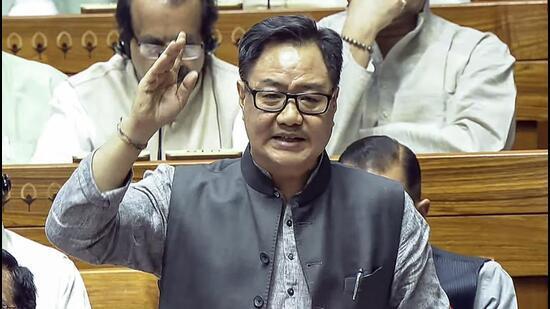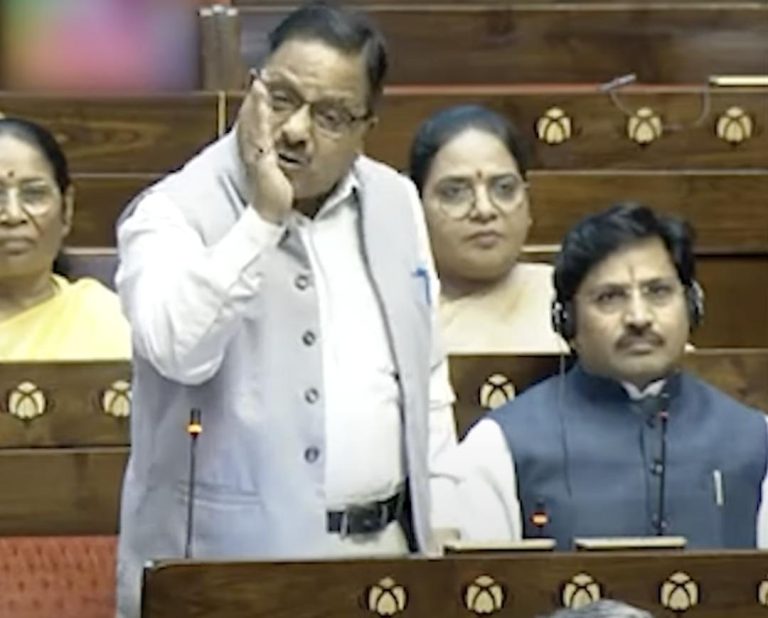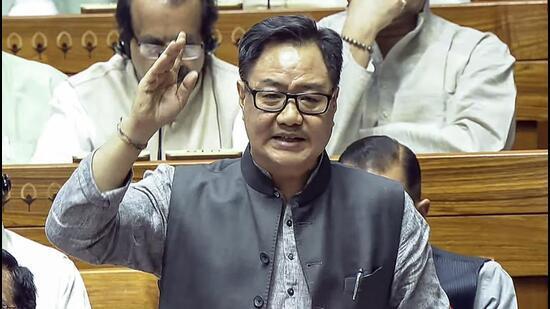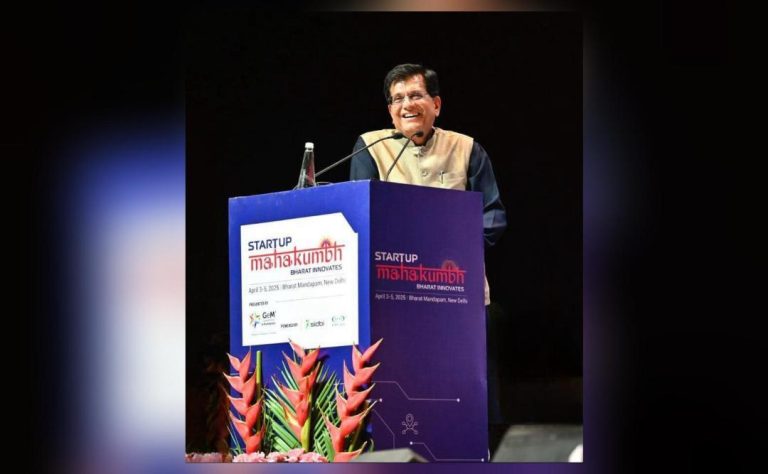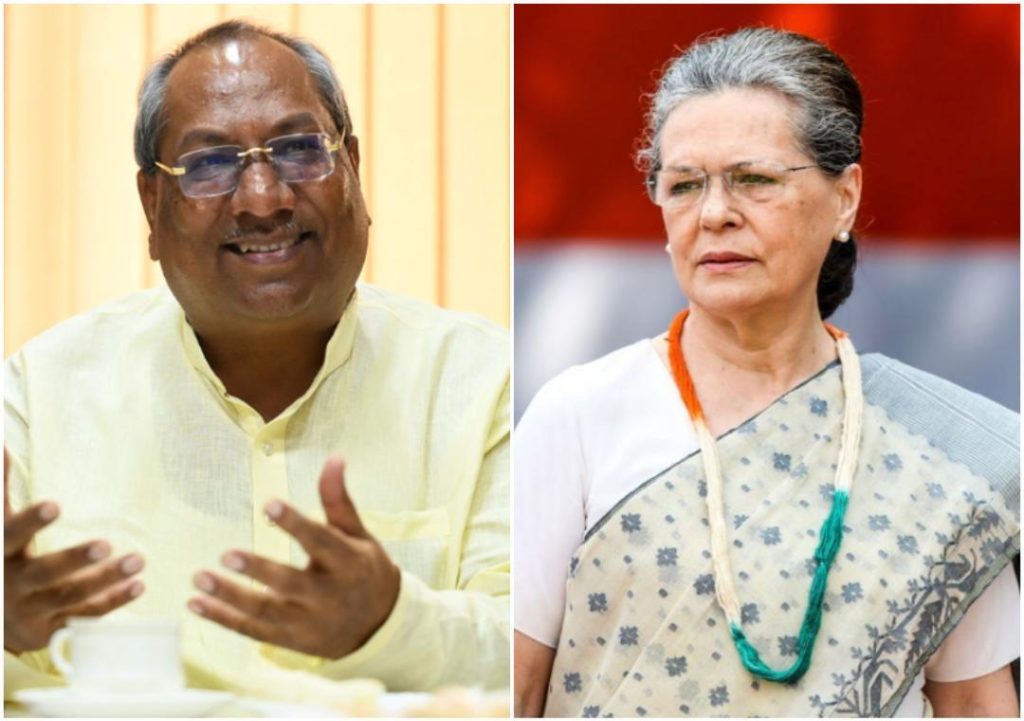
Congress Didn’t Let Rural Population Study English: UP Minister
The recent debate on the National Education Policy (NEP) 2020 has sparked a heated discussion in the Indian political arena. While Congress leader Sonia Gandhi criticized the BJP government’s NEP 2020, Uttar Pradesh minister Sanjay Kumar Nishad responded by taking a jibe at the Congress party. Nishad claimed that the public rejected the Congress because its own Education Policy was “bad” and that for 60 years, the party did not allow the rural population to study English.
Sonia Gandhi, in her criticism of the NEP 2020, stated that the carnage of India’s public education system must end. Her remarks were a response to the recent changes introduced by the government in the education sector. The NEP 2020 aims to revamp the education system in India, introducing reforms such as the integration of vocational education, increased focus on science and mathematics, and digitalization of education.
However, Nishad’s response to Gandhi’s criticism was a sharp attack on the Congress party’s past record on education. He claimed that the party’s own education policy was flawed, and that it had failed to provide quality education to the rural population. Nishad’s statement is significant, as it highlights the Congress party’s past failures in education and the BJP’s attempts to reform the system.
The Congress party has been criticized for its handling of education in the past. During its tenure, the party failed to address the issue of poor education infrastructure and lack of resources in rural areas. As a result, many rural students were unable to access quality education, leading to a significant gap in educational opportunities between urban and rural areas.
Nishad’s statement also highlights the Congress party’s failure to promote English education in rural areas. English is an important language in today’s globalized world, and it is essential for students to have a good command of English to compete in the job market. However, the Congress party’s lack of focus on English education in rural areas has resulted in a significant lack of opportunities for rural students.
The BJP government’s NEP 2020 aims to address these issues by introducing reforms that promote English education and increase access to quality education in rural areas. The policy also emphasizes the importance of vocational education, which is essential for students who may not wish to pursue higher education.
The NEP 2020 is a significant step towards reforming India’s education system. The policy recognizes the importance of education in shaping the future of the country and has introduced reforms that aim to address the existing gaps in the system.
The Congress party’s response to the NEP 2020 has been lukewarm, with many leaders criticizing the policy without providing any concrete alternatives. The party’s failure to address the issue of poor education infrastructure and lack of resources in rural areas during its tenure is a significant blot on its record.
In conclusion, Nishad’s statement is a reminder of the Congress party’s past failures in education. The party’s lack of focus on English education in rural areas and its failure to address the issue of poor education infrastructure and lack of resources in rural areas are significant issues that need to be addressed.
The BJP government’s NEP 2020 is a significant step towards reforming India’s education system. The policy introduces reforms that aim to promote English education, increase access to quality education in rural areas, and emphasize the importance of vocational education. The Congress party’s failure to provide a concrete alternative to the NEP 2020 highlights the need for the party to rethink its approach to education.
Source:
